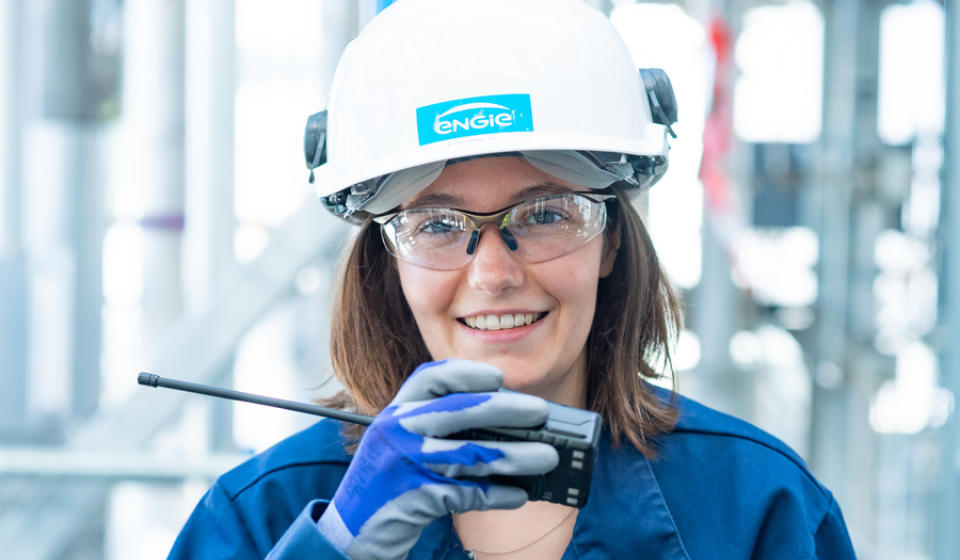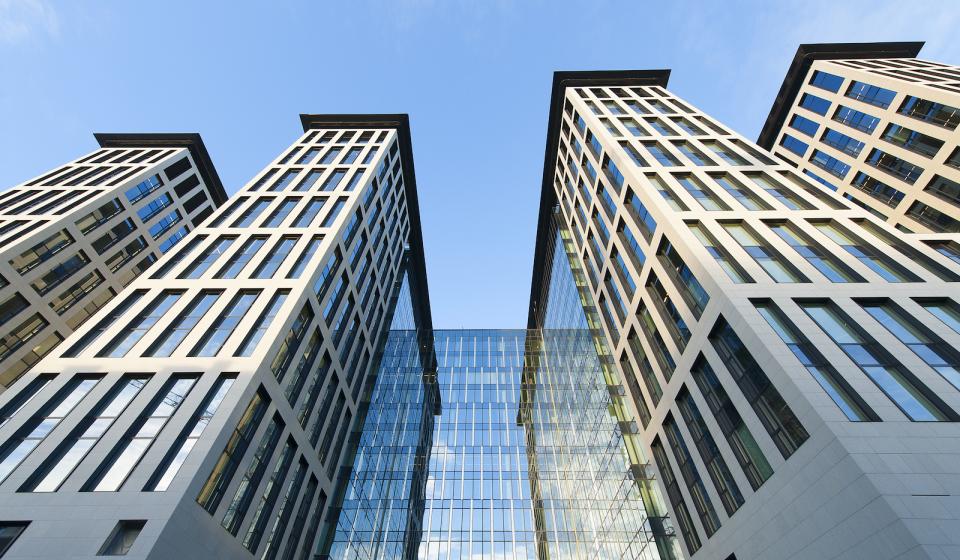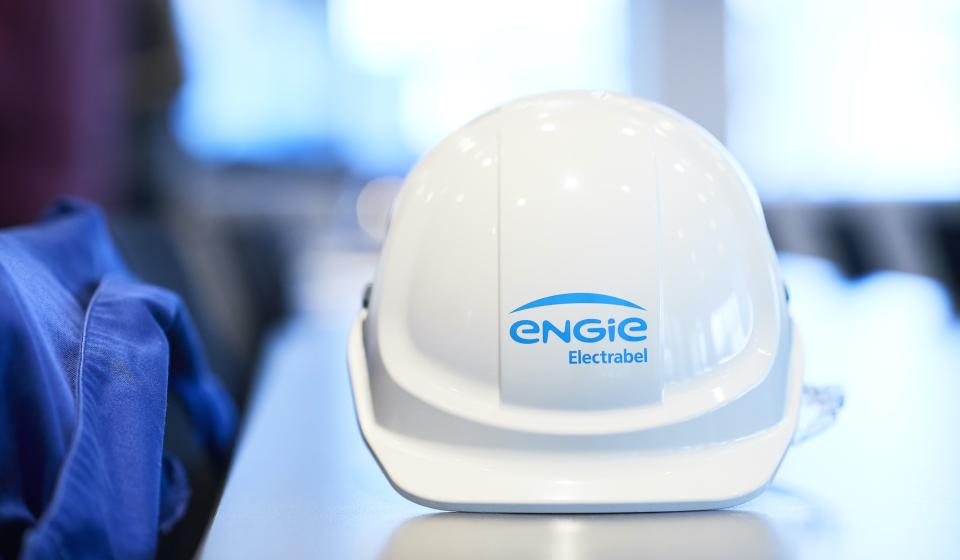Our organisation
In a context of profound change in the energy sector, the Executive Committee implements ENGIE's strategic decisions and oversees the Group's operational performance in accordance with the guidelines set by the Board of Directors.
ENGIE is a global reference in low-carbon energy and services. With its more than 97,300 employees, its customers, partners and stakeholders, the Group is committed to accelerate the transition towards a carbon-neutral world, through reduced energy consumption and more environmentally-friendly solutions. Inspired by its purpose (“raison d’être”), ENGIE reconcile economic performance with a positive impact on people and the planet, building on its key businesses (gas, renewable energy, services) to offer competitive solutions to its customers.
For over 180 years, ENGIE has been adapting to the challenges the energy world is facing and the changing needs of its customers. Our ambition? To enable a carbon neutral transition. In order to realise this, ENGIE places responsible growth at the heart of its three companies: electricity, gas and energy services. By means of successful and innovative solutions.
Find out more about our strategy here.
In order to become the leader in Belgium in the energy transition that will enable us to build a carbon-neutral economy, ENGIE masters all the energy professions: production, consumption optimization, research, innovation, maintenance, engineering, construction and project implementation.
ENGIE can rely on 5 subsidiaries in Belgium:
- Electrabel unites all electricity production and marketing activities for electricity and gas in Belgium. Electrabel is also active in ENGIE’s financial participations on an international level.
- Tractebel ENGIE is the engineering office which specialises in energy and infrastructures
- Laborelec, R&D Centre of ENGIE is the energy research centre for ENGIE in Belgium
- Synatom is responsible for managing fissile materials and nuclear facilities
- N-Allo is the call-centre for ENGIE in Belgium
They all form part of the ENGIE Group.
Every ENGIE subsidiary in Belgium has its own Board of Directors and engages with unions. The biggest is Electrabel NV. The Board of Directors comprises members from the Group, as well as external members.
4 Global Business Units near to customers: Renewable & Flex Power, Networks, Local Energy Infrastructures and Supply & Energy Management
ENGIE's organization relies primarily on the GBUs in charge of operations at the country and regional levels. To ensure the best possible support, the support functions act transversally and are also organized by country and region. At country level, country managers play a key role in strengthening our local roots, our proximity to our clients and stakeholders, and in promoting quality social dialogue. In Belgium, this function is performed by Vincent Verbeke.
To seize market opportunities and strengthen its industrial model, ENGIE relies on a tailored and aligned organization built around three business segments: Renewable & Flex Power, Infrastructures, and Supply & Energy Management. This approach enables:
- The production of greener and "smart" electrons
- The delivery of decarbonized electricity to customers 24/7
- The acceleration of its development in electrical networks
The country managers and support functions in the countries and regions are led by the regional hubs to accelerate collaboration between GBUs and improve the quality of the support provided to them to enhance their operational performance. This local and regional organization of support functions is managed by Transformation & Geographies.
In addition, SEM (Supply & Energy Management) is in charge of energy supply and risk management services to support our B2B customers in their decarbonization, while optimizing the Group's assets and thus contributing to value creation.
Finally, the Belgian nuclear activities are headed by Cedric Osterrieth. Given their specificity, like GEMS, they are not attached to a GBU.
In Belgium, ENGIE can count on more than 7,300 employees and more than 380 researchers to meet the challenges of the carbon neutral transition.
Health, Safety and Well-being at work
Health, Safety and Well-being at work are fundamental values to ENGIE. Since 1995, successive Global Health and Safety Plans provided a structure to the approach to Health, Safety and Well-being at work.
The company will rely on its Global Health and Safety Plan 2020-2025 to achieve its goal “zero accident”. The plan dovetails with a general approach focused on dynamic risk management and is the result of discussions with various stakeholders. It embodies the company’s strategy for Well-being at work for the next five years.
Whistleblowing system
The Group has a constant drive to deepen its commitment to ethics and therefore wishes to provide easy-to-use tools for anyone to report inappropriate situations or those that are not in line with our principles or current laws and regulations. In this respect ENGIE has put in place a whistleblowing System that is open to all employees and stakeholders (suppliers, sub-contractors, unions, NGOs, etc.).
This System supplements existing channels and strengthens the Group's Ethics and Compliance & Privacy efforts. It is open to anyone and is easy to use, confidential, and anonymous if need be.

Safety, Health and Welfare at Work
Health, Safety and Well-being at work are fundamental values to ENGIE. Since 1995, successive Global Health and Safety Plans provided a structure to the approach to Health, Safety and Well-being at work.
The company will rely on its Global Health and Safety Plan 2020-2025 to achieve its goal “zero accident”. The plan dovetails with a general approach focused on dynamic risk management and is the result of discussions with various stakeholders. It embodies the company’s strategy for Well-being at work for the next five years.

Whistleblowing system
The Group has a constant drive to deepen its commitment to ethics and therefore wishes to provide easy-to-use tools for anyone to report inappropriate situations or those that are not in line with our principles or current laws and regulations. In this respect ENGIE has put in place a whistleblowing System that is open to all employees and stakeholders (suppliers, sub-contractors, unions, NGOs, etc.).
This System supplements existing channels and strengthens the Group's Ethics and Compliance & Privacy efforts. It is open to anyone and is easy to use, confidential, and anonymous if need be.

Electrabel - Board of Directors
The Board of Directors is the highest decision-making body in the company except when it comes to issues which, according to law or the Articles of Association, must be reserved for shareholders.
